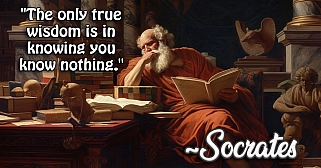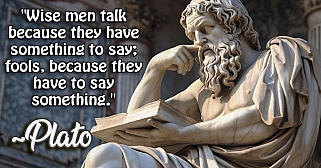Carl Jung: The Pioneer of Analytical Psychology
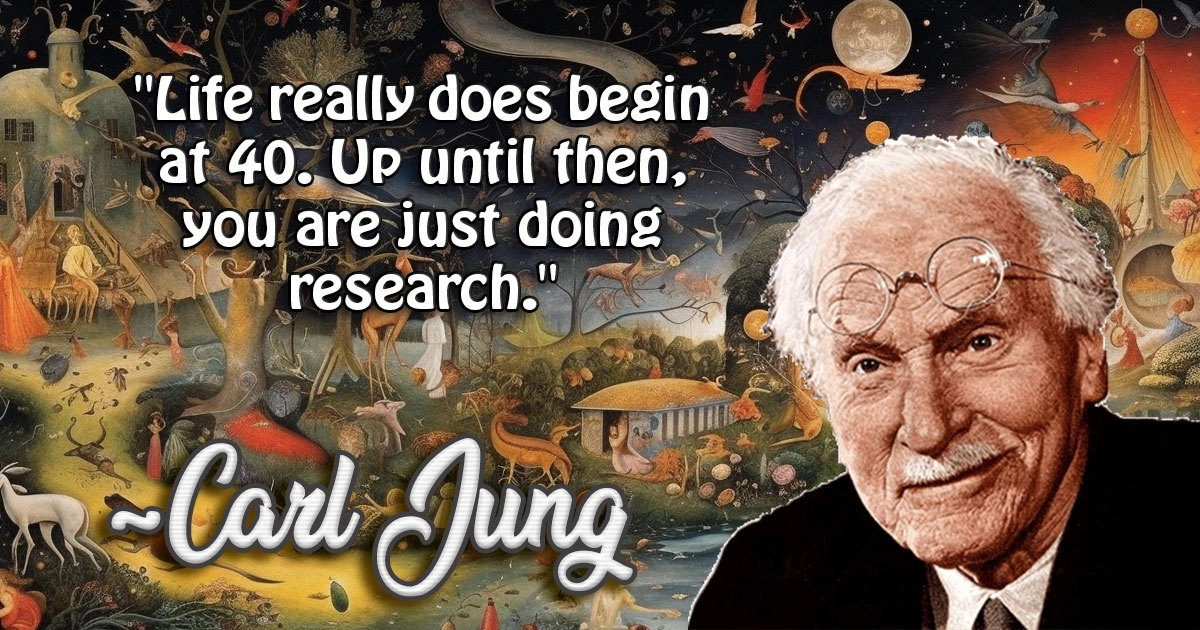
Carl Jung
Early Life and Education
Carl Gustav Jung was born on July 26, 1875, in Kesswil, Switzerland. His father, Paul Jung, was a pastor, and his mother, Emilie Preiswerk Jung, came from a family with a history of mental illness. This background influenced Jung's fascination with the human psyche from a young age. Jung was a solitary child who found solace in nature and books. He was particularly interested in philosophy, mythology, and religion.
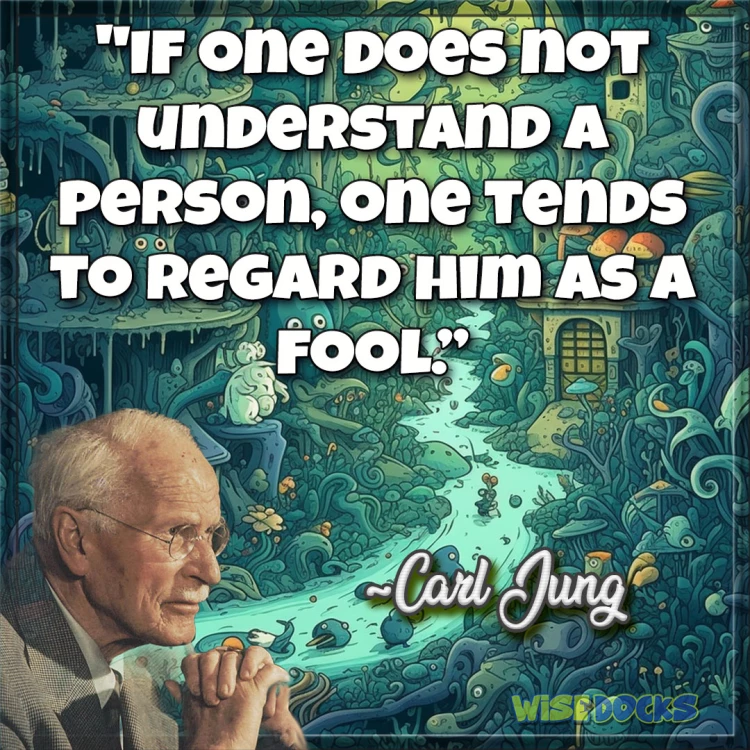
Jung's academic journey began at the University of Basel, where he studied medicine. Initially, he was drawn to archaeology, but his interests shifted to psychiatry after reading works by Krafft-Ebing and Sigmund Freud. Jung graduated in 1900 with a medical degree and began working at the Burghölzli Psychiatric Hospital in Zurich under Eugen Bleuler, a renowned psychiatrist.
Meeting Freud and Developing Theories
In 1907, Jung met Sigmund Freud, the founder of psychoanalysis. The two men developed a close friendship and professional relationship, with Jung becoming Freud's protégé and collaborator. Freud saw Jung as the heir to his psychoanalytic legacy, and their correspondence and joint work were prolific.
However, Jung's ideas began to diverge from Freud's. While Freud emphasized the sexual origins of neuroses, Jung proposed that the unconscious mind was more complex. He introduced the concepts of the collective unconscious and archetypes, arguing that the human psyche contained universal, inherited memories and symbols.
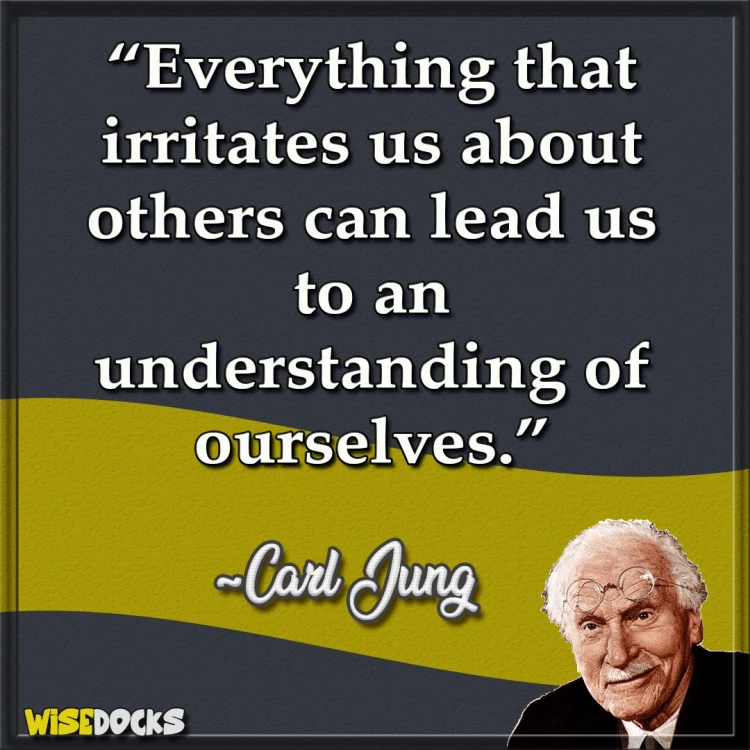
Break with Freud
The differences between Jung and Freud's theories eventually led to their split in 1913. Jung's departure from Freud's school of thought marked the beginning of his journey into analytical psychology. He sought to explore the depths of the human mind, focusing on the integration of the conscious and unconscious aspects of the self.
Jung's break with Freud was both professional and personal. It was a difficult period for Jung, who experienced a period of intense self-exploration and introspection. This phase, which he later called his "confrontation with the unconscious," was marked by vivid dreams, visions, and inner turmoil. Jung documented these experiences in what would become known as the Red Book, a journal filled with his reflections, drawings, and psychological insights.
Key Concepts in Jungian Psychology
The Collective Unconscious and Archetypes
One of Jung's most significant contributions to psychology is the concept of the collective unconscious. Unlike Freud's personal unconscious, which is shaped by individual experiences, Jung's collective unconscious comprises inherited elements shared by all humans. These elements, known as archetypes, are universal symbols and themes that manifest in dreams, myths, and cultural narratives.
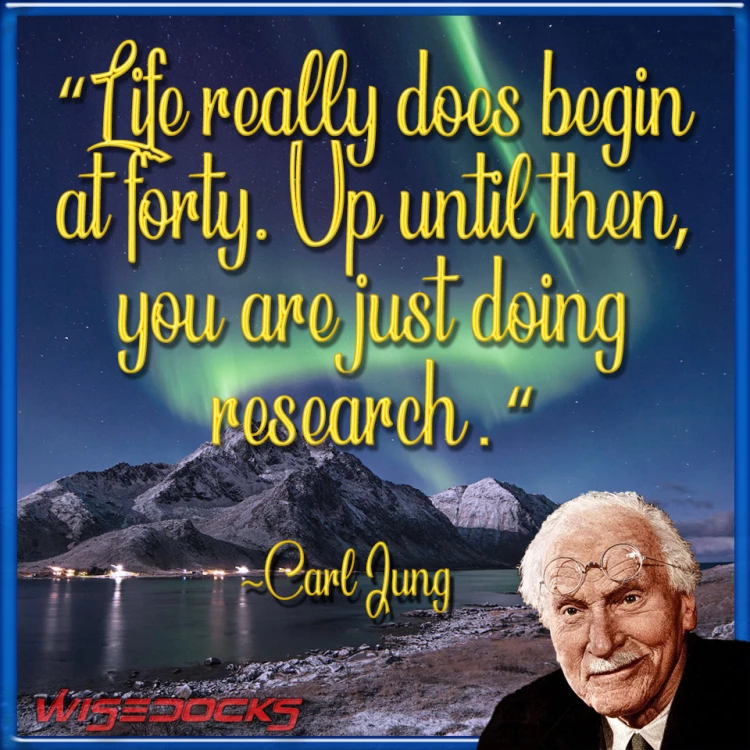
Archetypes include figures like the Hero, the Mother, the Wise Old Man, and the Shadow. Jung believed that these archetypal images are present in the psyche of every individual and influence behavior, thoughts, and emotions.
The Process of Individuation
Jung introduced the concept of individuation, the process by which a person integrates different aspects of the self to achieve wholeness. This involves reconciling the conscious and unconscious parts of the mind, acknowledging and embracing one's shadow (the darker, hidden aspects of the personality), and realizing one's true potential.
Individuation is a lifelong journey of self-discovery and personal growth. Jung saw it as essential for achieving psychological balance and fulfilling one's unique purpose in life.
Psychological Types
Jung's theory of psychological types categorizes people based on their preferences in how they perceive the world and make decisions. He identified two attitudes—introversion and extraversion—and four functions—thinking, feeling, sensation, and intuition. These combinations result in different personality types, a framework that later influenced the development of the Myers-Briggs Type Indicator (MBTI), a widely used personality assessment tool.
Contributions to Mythology, Religion, and Culture
Jung's work extended beyond the realm of psychology into mythology, religion, and cultural studies. He believed that myths and religious stories were expressions of the collective unconscious and contained valuable insights into the human condition. Jung's exploration of alchemy, Eastern religions, and Western mysticism enriched his understanding of the psyche and provided a broader context for his psychological theories.
Jung's interest in alchemy, for example, was not merely about the historical practice of transforming base metals into gold but about the symbolic process of psychological transformation and individuation. He saw parallels between alchemical symbols and the processes of the human mind, using them to illustrate his theories about the integration of the self.
Legacy and Influence
Carl Jung's influence on psychology, psychotherapy, and cultural studies is profound and enduring. His ideas have shaped various therapeutic practices, including art therapy, dream analysis, and transpersonal psychology. Jungian analysis, a form of depth psychology, continues to be practiced by therapists worldwide.
Jung's emphasis on the importance of understanding the unconscious mind and integrating its contents into conscious awareness has influenced numerous fields, from literature and art to religion and spirituality. His concepts of archetypes and the collective unconscious have been applied to the analysis of literature, films, and cultural phenomena, providing a framework for understanding the universal themes and symbols that resonate across different societies.
Criticisms and Controversies
While Jung's contributions to psychology are widely acknowledged, his work has also faced criticism and controversy. Some critics argue that his theories lack empirical support and rely too heavily on metaphysical and mystical concepts. Jung's interest in the occult and paranormal phenomena, such as astrology and telepathy, has also been a point of contention among scholars and psychologists.
Despite these criticisms, Jung's ideas continue to inspire and provoke thought. His willingness to explore the depths of the human psyche and embrace the mysteries of the unconscious has opened new avenues for understanding the complexities of human behavior and experience.
Personal Life and Final Years
Jung married Emma Rauschenbach in 1903, and they had five children together. Emma was a significant intellectual companion and collaborator for Jung, contributing to his work and supporting his career. Their relationship was marked by both deep connection and challenges, particularly as Jung's intense involvement in his work sometimes created tension in their family life.
In his later years, Jung continued to write, lecture, and engage with a wide range of intellectual pursuits. He remained an active thinker and practitioner, always seeking to expand his understanding of the human mind. Jung's final major work, "Mysterium Coniunctionis," published in 1955, explored the symbolism of alchemy and its relevance to psychological processes.
Jung passed away on June 6, 1961, in Küsnacht, Switzerland, at the age of 85. His death marked the end of an era, but his legacy lives on through his extensive body of work and the countless individuals he influenced.
Carl Jung's journey from a solitary child fascinated by the mysteries of the mind to a pioneering psychologist who challenged and expanded the boundaries of his field is a testament to his intellectual curiosity and courage. His exploration of the unconscious, the development of analytical psychology, and his contributions to our understanding of mythology, religion, and culture have left an indelible mark on the study of the human psyche.
Jung's legacy continues to inspire those who seek to understand the depths of the mind and the complexities of human existence. His work reminds us that the journey of self-discovery and individuation is a lifelong process, one that requires embracing both the light and shadow within us. As we delve into the mysteries of our own minds, we can find guidance and wisdom in the pioneering insights of Carl Jung, a true explorer of the human soul.

